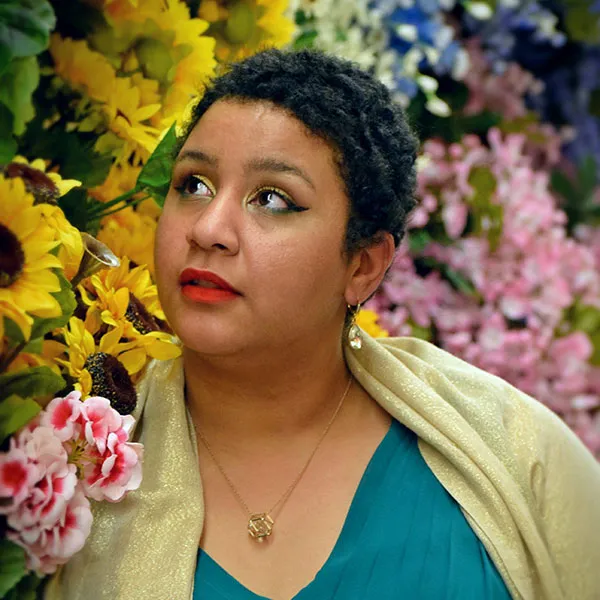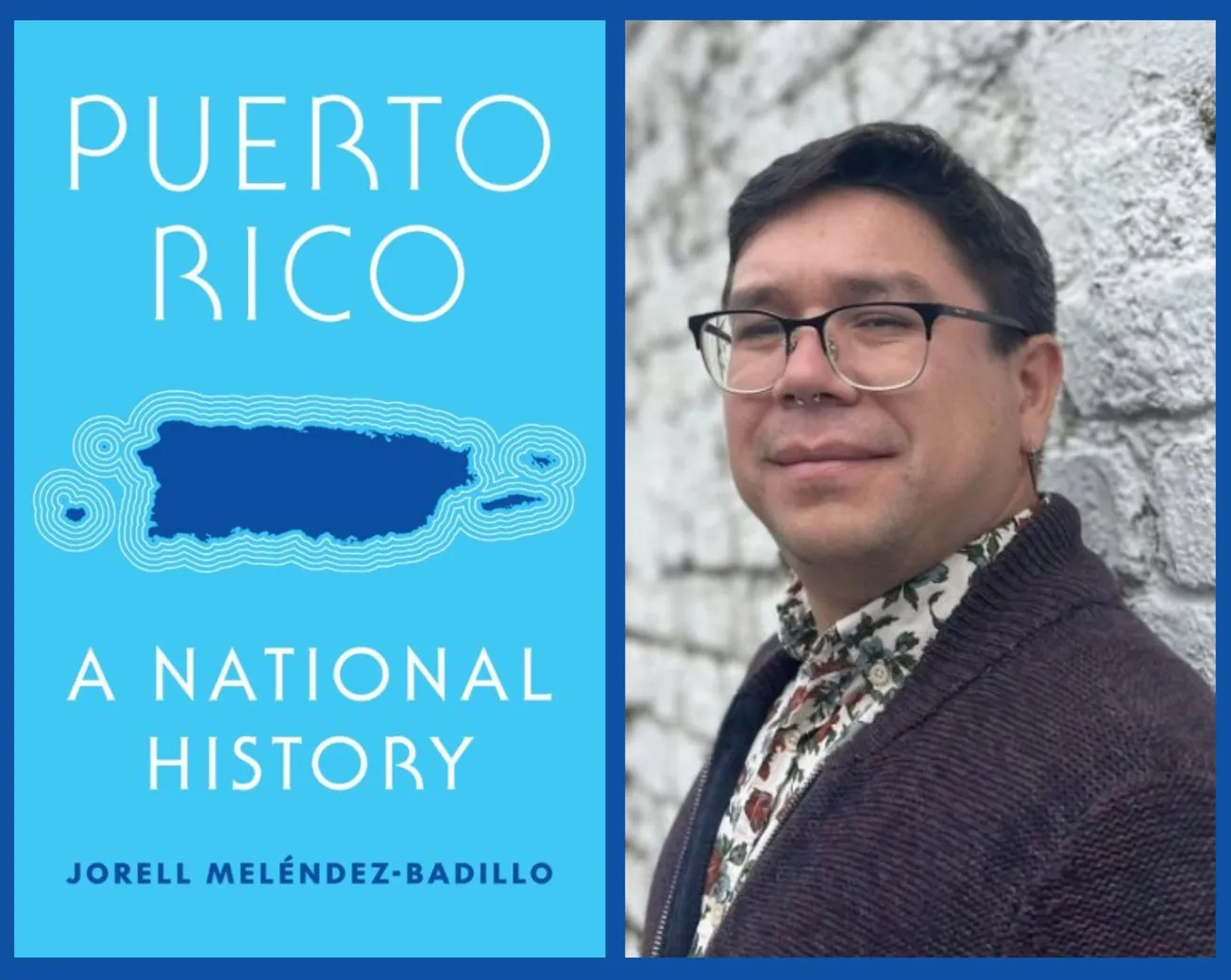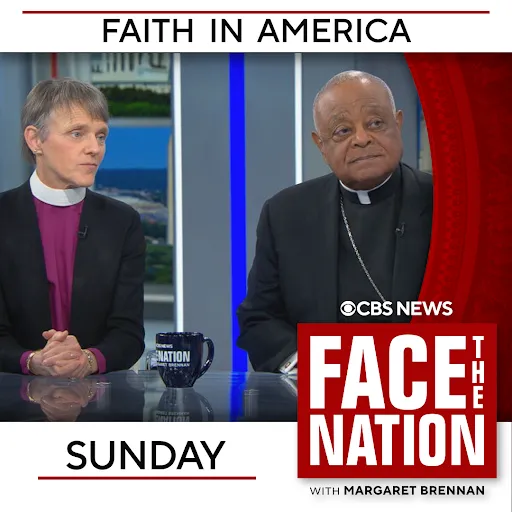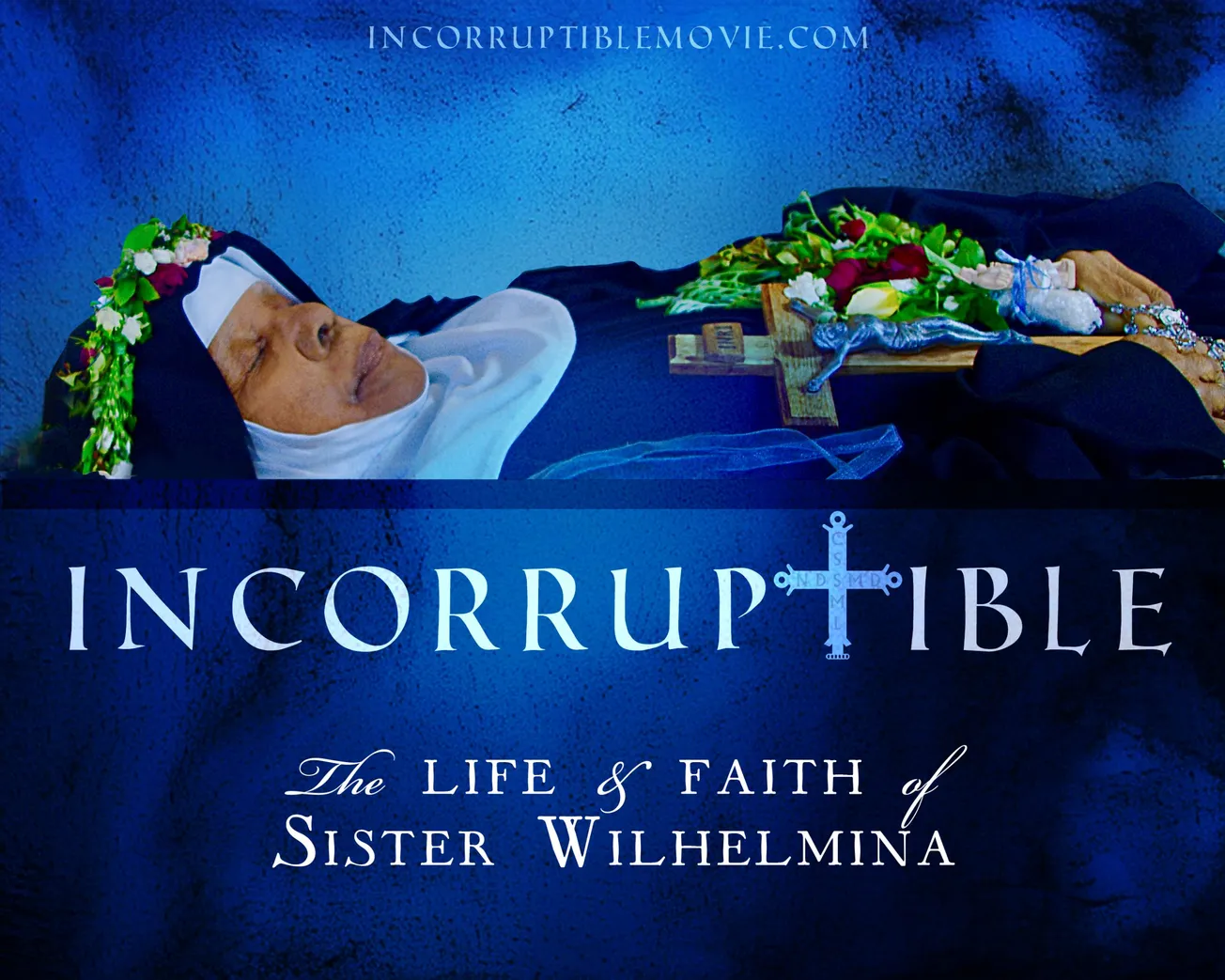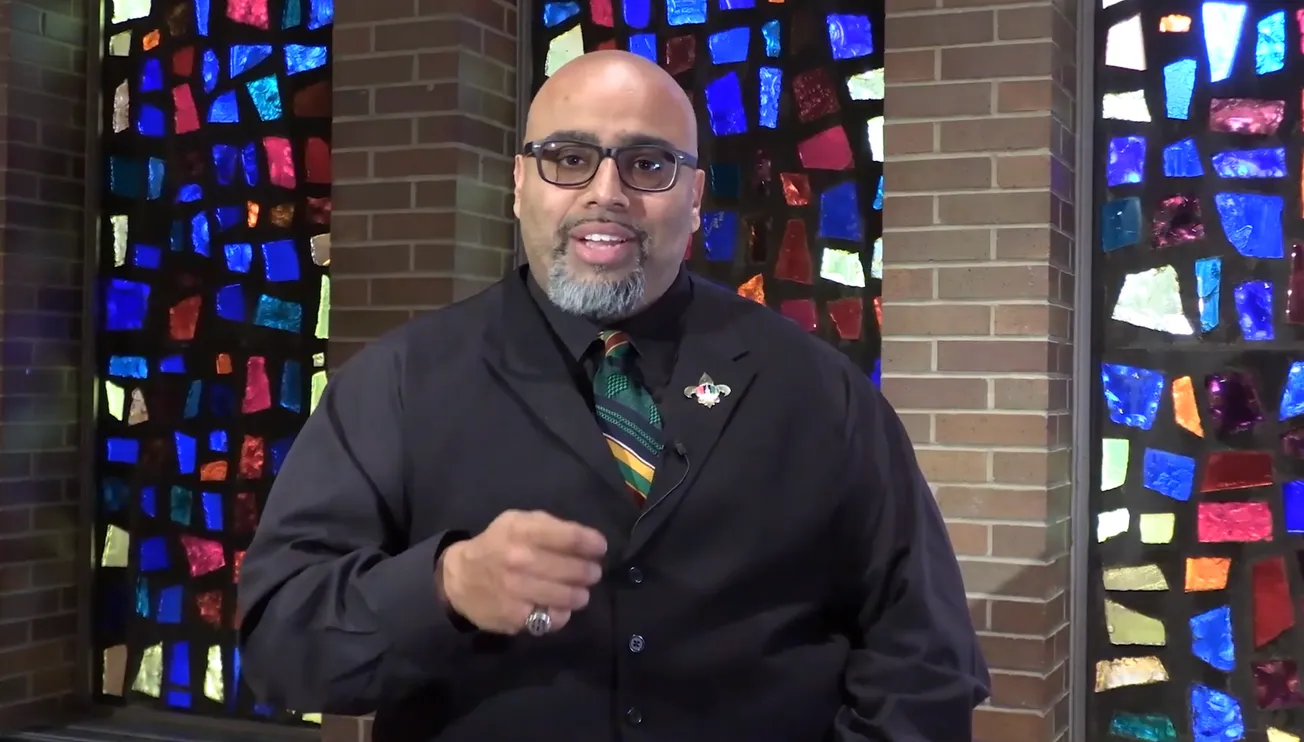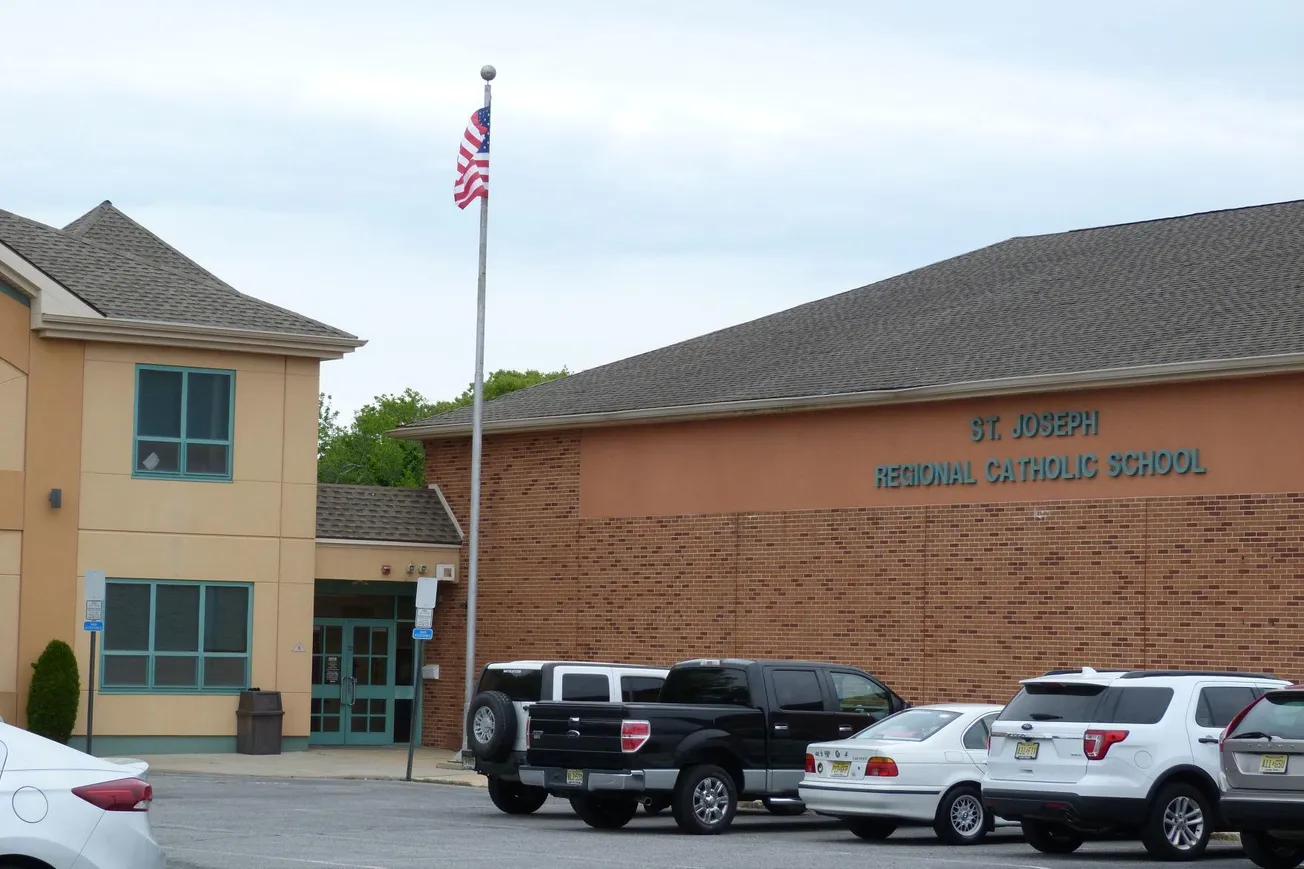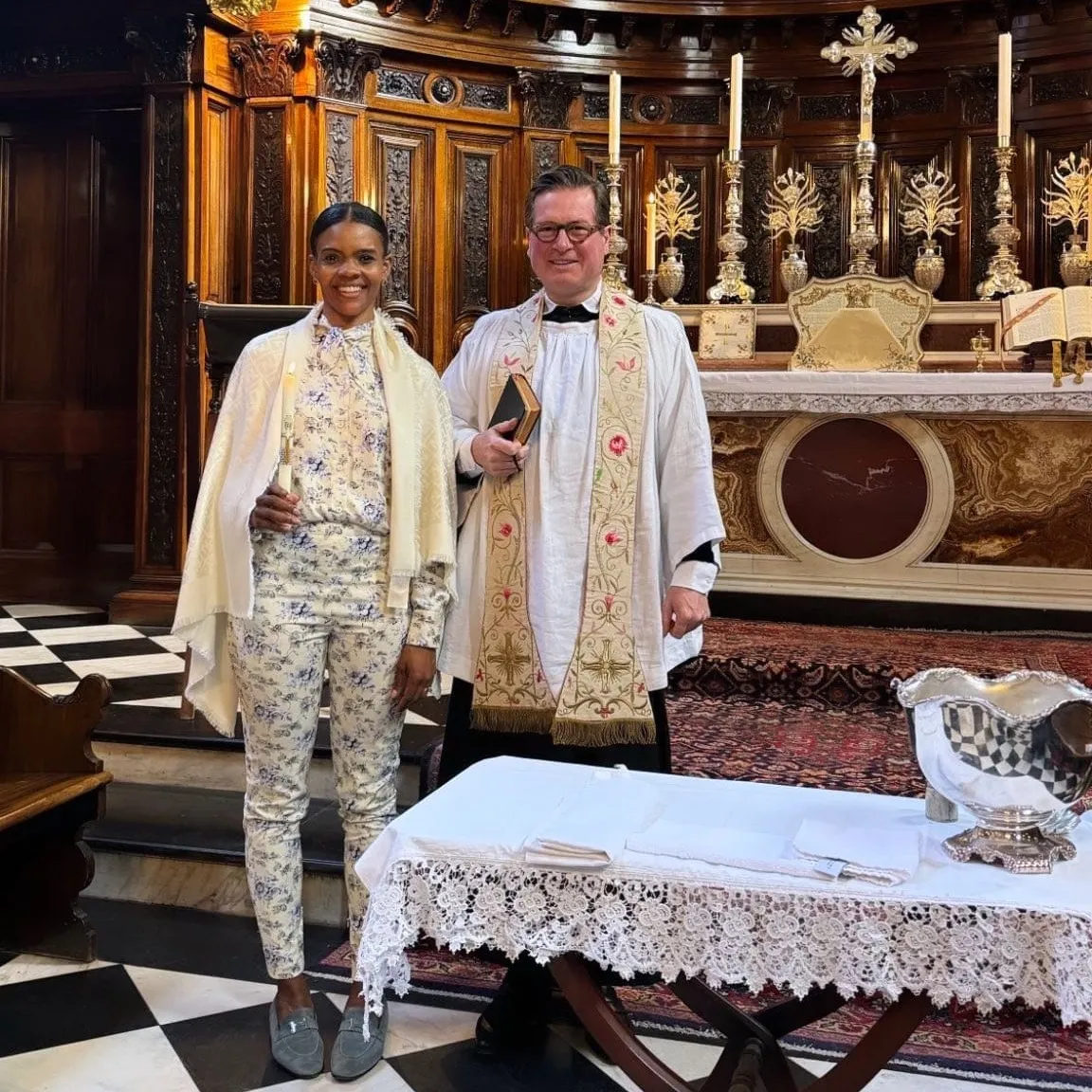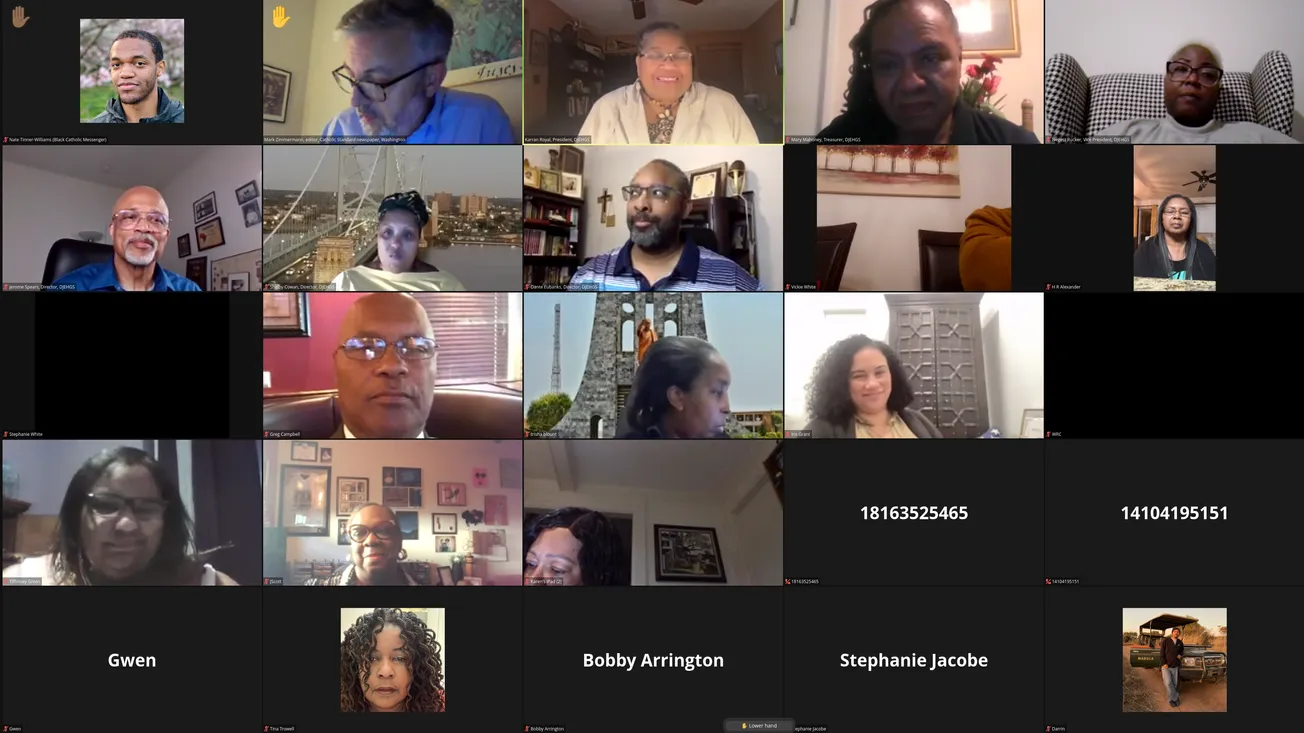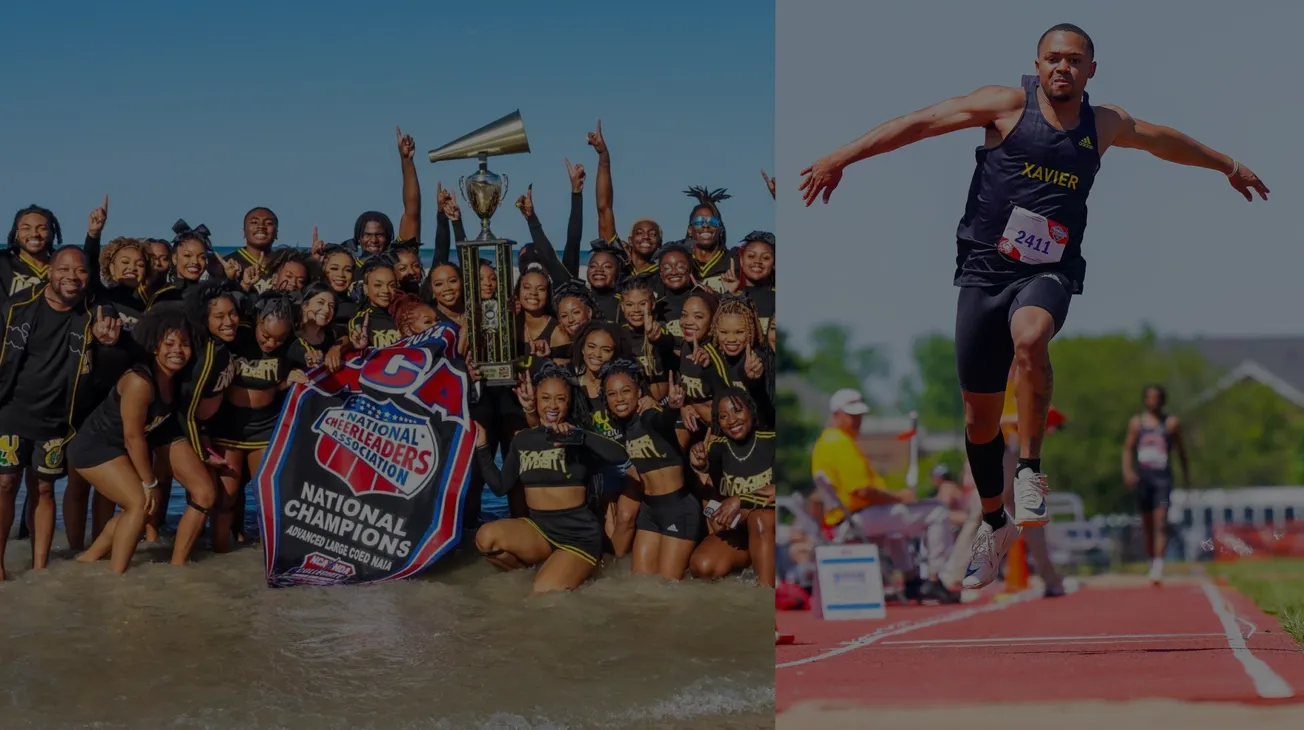On this penultimate day of Kwanzaa, we celebrate Black creativity—specifically "creative restoration" of the community. With that in mind, we return to our exchange with Sasha Massey, a cantor in Louisiana promoting unity in diversity.
Nate Tinner-Williams: Who are some of your favorite artists? Especially Catholic artists, if any.
Sasha Massey: I mainly seek to emulate and study people that have similar training to me. Like, I realize like I have to keep my library open. I've had to learn a few interesting songs that I probably wouldn't have otherwise, but that's just because of the setting I'm in.
For weddings, I’ve learned so much fun and beautiful music like “Revelation Song”. I think the songwriter’s name is Jennie Riddle. I like that one song because you can’t help but feel everyone be moved and happier.
Also, a student I had before quarantine was a big fan of this Landry gal… We didn’t coach her music, though.
NT: Landry? Who is this?
SM: Carrie something… Cajun girl. She had a concert here.
NT: Oh! Yes. Lauren Daigle.
SM: There you go.
NT: Yeah, the mayor here called up… whoever the networks are, and said, “Do not let her sing at New Year's Rockin’ Eve,” because she tried to eff us up here in New Orleans.
SM: It didn’t seem to be a practice of neighborly love nor protecting lives to not wear masks in a concert space.
NT: Yeah, apparently on New Year's Eve, we have a concert here that's connected to the one in, I guess, New York. But Latoya said “No, absolutely not. She's not singing here for anything.”
SM: Save lives. Hmm.
NT: But she does sound nice. I like her voice.
SM: So yeah, I mainly listen to a lot of early music, classical, and some almost contemporary that I have to try and gently introduce—because the congregation loves spirituals, classical, chant and so many contemporary songs.
I just have to find the truly finished-sounding ones the organist prefers. He’s stern but has warmth like anyone. There’s music he wasn’t taught, maybe didn’t grow up around, or didn’t care for.
NT: Wow. And what are his feelings about gospel music?
NT: See, that's the thing... Depending on what piece it is, like, just as long as it matches the readings, it’s fine. I’ve got my real voice back from being sick so I can do more again.
Moses Hogan’s arrangement of “He Never Said a Mumbalin’ Word” is about the crucifixion. It took a while for me to be able to sing it outside of a recital. A few years of introducing it, along with other things very different from it like Jean Baptist Faure and Bizet, led to it finally having a chance.
It came down to how pianistically it was written, but the organist made it sound so easy once we performed it together. Holding off just seemed like shyness. In Black churches, from what I’ve seen, all they had sometimes was a piano and electric organ. Sometimes just Casios, who knows... um, Clavinova, or Hammond organ. It took time for him to understand.
NT: He wasn’t ready for all that.
SM: So, the big Mozart aria, Agnus Dei from the Coronation Mass. I prepared for months and have kept singing it all year even though the concert with the orchestra in town got canceled to protect people from COVID.
The aria is the most recent thing I posted, and there are two areas with cadenzas that sopranos can do. It got a funny look and a chuckle out of him, but he came around and we, again, made beautiful music that glorified God. Honestly, it felt like my feet weren’t touching the ground.
“Give Me Jesus” has certainly become the most cherished song from my ancestors. The way I sing it is the way I sing it. I've polished and known this song, also arranged by Moses Hogan, for years. The last verse I sing with words specific to my grandmother because, when she was dying, that's how I sang it to her.
When I come to die,
Give me wings, Lord,
let me fly
to my Jesus.
That was for her, but it's mostly Moses Hogan that I bring up. His arrangements are indeed pianistic, but introducing them actually reveals the organist still very much can play the paint off a piano—even if organ is his concentration.
In this way, the organist and I adapted together. I’m not singing with all four limbs the way he plays the organ, but I'm literally having to adapt every day and learn music that I’ve never heard of that serves everyone in my community.
I know I need to continue expanding my library, or I could become as ignorant as the people that pretend to not be when they exclude sacred music they weren’t exposed to.
NT: That’s deep... That’s deep. So would you put Moses Hogan among your your favorites?
SM: Um, he is one of the most important human beings that I didn't get to meet. Besides Freddie Mercury.
NT: Did you know Moses Hogan was a choir director at a Catholic church here in New Orleans?
SM: No.
NT: Yeah, he was a longtime choir director at Saint Peter Claver.
SM: Hotdoggit!
NT: It’s a fun fact. He wasn't Catholic but yeah, he was here.
SM: Man, that’s a valuable human being. I love that man.
I first listened to him in high school whenever we had to learn some stuff for All-State Choir. I never really got to sing any of his stuff after that until I got my own anthology of sacred songs, and some instances that were years apart at other venues.
Outside of show choir, it wasn't really valuable. So it's still regarded entertainment for some, but it’s Black people’s living history still being passed down and taught.
It’s not meant to be kept on shelves to decay and crumble. This music is our whole reason for living and speaks of the strength of the spirit and resilience.
Nate Tinner-Williams is co-founder of Black Catholic Messenger, a priesthood applicant with the Josephites, and a ThM student w/ the Institute for Black Catholic Studies at Xavier University of Louisiana (XULA).


